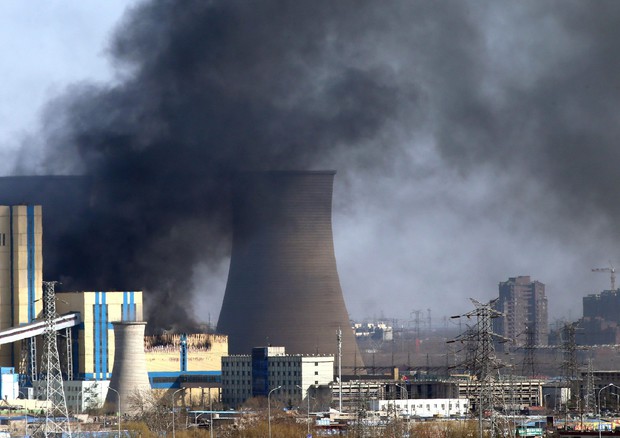President Donald Trump has once again attacked environmental regulations and announced a revival of coal. In a statement that immediately sparked controversy, the politician promised the launch of “hundreds” of new plants, despite the significant decline of this fuel and its considerable impact on climate change.
He wrote on TruthSocial that after years of domination by environmental extremists who allowed China to surpass the U.S., his administration would immediately begin the production of energy with “clean coal.” This concept, which experts have often described as misleading, has been criticized because, while some technologies can capture part of the emissions, the extraction process continues to release methane, a greenhouse gas much more potent than CO2.
Although coal accounted for over 50% of energy production in the United States in the early 2000s, today its share has fallen to 21%, surpassed by natural gas and renewables. However, this has not stopped Trump from dismantling a series of environmental regulations. Lee Zeldin, the administrator of the Environmental Protection Agency (EPA), referred to the new measures as a “dagger to the heart of the climate change religion” and described them as the beginning of a golden age for America.
However, experts and environmentalists warn that the revision of the laws could face legal challenges. The 2009 Obama administration’s regulation, which classified greenhouse gases as a public health threat, serves as the legal foundation for many climate regulations and is unlikely to be overturned without battles in court. David Doniger, a member of the Natural Resources Defense Council, an American nonprofit organization focused on environmental protection and sustainability, emphasized that, “Given the established science, it is unlikely that the EPA could support an opposing position that would hold up in legal proceedings.”
Although the current president’s decisions aim to strengthen support for the fossil fuel industry and revive domestic production, the risks of clashes with both the scientific community and the courts, which could block the plans, remain high. While the rest of the world accelerates its transition to clean energy, the U.S. defies scientific data and adheres to a past that could redefine its environmental and economic future.












